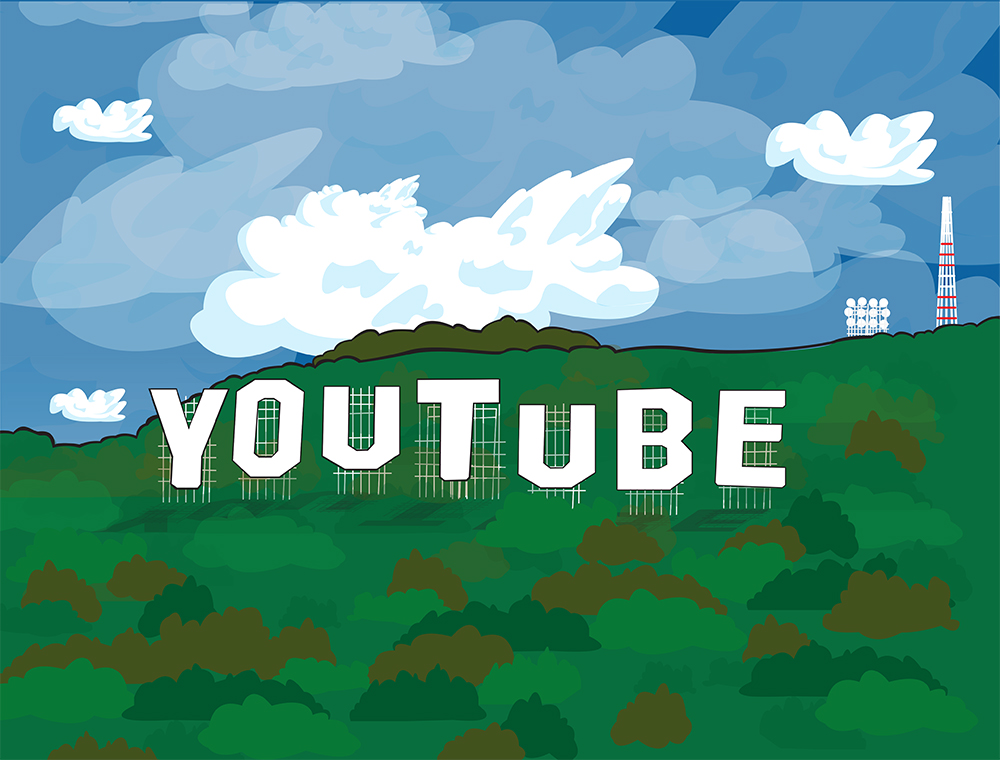At some point in children’s lives, they dream of becoming famous. Although the Daily Mail may argue that an increasing percentage of youth want fame and fortune, fame-seeking is not a new phenomenon.
We can trace the concept of the celebrity in western civilization, or simply someone with distinction or who was renown, the gods of ancient peoples who received the praise of the masses.
FAME-SEEKING
The modern idea of the A-list celebrity, however, did not manifest until the rise of cinema in the 20th century. From this point forward, the starry eyes of the dreamers pointed towards the screen.
Although fame-seeking is nothing new, the paths taken to achieve that goal are. In the Huffington Post, psychologist Yalda T. Uhls reports that when she surveyed preteens about what they wanted in their future, the number one answer was fame. But she does not use an example of someone studying acting with a dream of becoming a movie star, but one whose dream is to make a YouTube channel and earn a million subscribers.
POTENTIAL TO BE A HIT
According to YouTube statistics, their website has over a billion users with people watching hundreds of millions of hours worth of YouTube videos daily. With this, YouTube reaches more 18-49 year-olds than any cable network in the United States. On the other hand, cable is dying. According to Variety, American Idol’s popularity continues to decrease dramatically in that same demographic.
It is no wonder preteens and young adults look to YouTube to pursue the American dream of opportunity and prosperity — everyone else is looking to it too. It is simple. Anyone with a camera, the internet and willpower can post a video with the potential to be a hit.
PURSUING DREAMS
In USA Today, psychologist Carl Pickhardt said “Fame-seeking is not new. What’s new is you can actualize part of that.” All you need to do is look at people like Justin Bieber, who were originally discovered on YouTube, and YouTubers like Felix Kjellberg who have become famous in their own right.
Yet despite the great accessibility of the medium, with the massive flood of eyes and talent into YouTube and other similar media sites, the market has grown increasingly competitive. Yes, people can easily post a video, but the likelihood of that video becoming popular is very low, especially now that more people expect higher video quality and better editing.
For example, Biola alumni and popular contributor to the video platform Vine, Zach King, can attribute his success to the magic-like editing in his short videos that fascinates everyone from young children to adults.
YouTube and its sister platforms of Vine, Instagram and Facebook all provide a place for young entertainers to pursue their dreams with more accessibility and potential than ever before. The reality of success is still one in a million, but with hard work, talent and a little luck you can still make it in this emerging online Hollywood.







